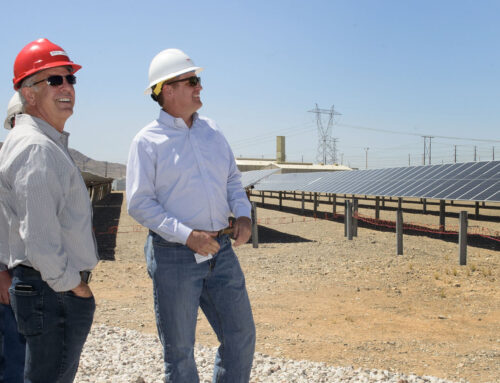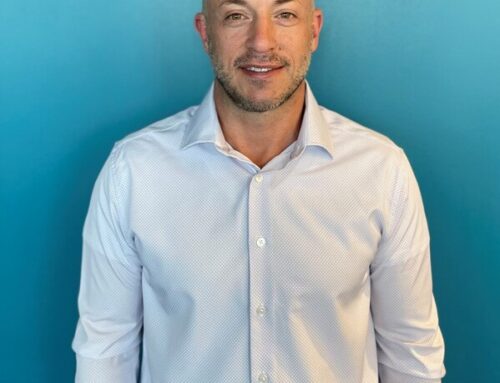New Washington energy chair’s industry ties raise ethics questions
April 30, 2025
Consulting work for EFSEC clients
Beckett has sought to get in front of conflict-of-interest concerns. He told Cascade PBS that he was upfront with the Governor’s Office about his ties to energy developers and sought the advice of the assistant attorney general, the EFSEC director and the Executive Ethics Board about whether anything he did crossed a line that would disqualify him.
“I tried to say, ‘Look, I’ve done work in this space, it’s EFSEC. Are there nonstarters here that perception-wise or politically … create an issue that is more of a distraction or just can’t be resolved?’” Beckett said.
Those gatekeepers gave him the greenlight, he said.
Beckett declined to share the documents he provided the Attorney General’s Office, and the AG office declined to discuss the meeting. Both cited attorney-client privilege.
Cascade PBS requested that Beckett share contracts, scopes of work, and other documents from his work on behalf of EFSEC applicants in order to clarify the nature of his work. He declined to provide those records, deferring to Strategies 360, which declined to provide them. He also would not say how much he was paid for his EFSEC-related client work, though court documents from the firm’s bankruptcy filing show he made about $237,000 after taxes in 2023.
He said he now makes $160,000 a year as EFSEC chair.
State law prohibits employees or officers from maintaining outside interests that conflict with their state duties. The Executive Ethics Board offers guidance and reviews complaints on a case-by-case basis. Executive director Kate Reynolds did not speak directly to Beckett’s situation, but said the board generally advises employees to disclose any potential conflicts and work with the agency to find ways to shift any conflicted responsibilities to someone else.
Beckett said he does not think his previous work presents any inherent conflicts, telling Cascade PBS he made his recusal pledge “out of an abundance of caution” to address the perception of bias.
“At the end of the day,” he said, “do I think that I can provide an objective, thorough review on anything before the EFSEC council? I do.”
He described his client work for Scout Clean Energy as facilitating meetings with elected officials and community groups like the Tri-City Development Council and promoting the benefits of and hearing concerns about the Horse Heaven Hills wind farm. His work included contact with the media, but he called those interactions “rare … and about the broader landscape of energy system issues and not driven by one client or project.”
Court records show Beckett was copied on emails between Scout Clean Energy and a Seattle Times reporter regarding locations of endangered hawk nests. Beckett said he did not recall being copied on the email, but wrote that it “would have been done for awareness purposes.”
He did not advocate for any state legislation related to EFSEC, he said, nor did the firm.
Beckett used the term “strategic counsel” to describe his client work when he disclosed it publicly during EFSEC’s February meeting. In an interview with Cascade PBS, he pushed back on the term “lobbying,” pointing out that he is not registered as a lobbyist with the Public Disclosure Commission and his work did not meet the state’s definition of lobbying, which is limited to efforts to influence legislation or state agencies’ rules and procedures.
“If community engagement and trying to engage key leaders and trying to make sure key issues are understood, if people want to call it lobbying, then that’s fine,” Beckett said. “It’s advocacy, it’s engagement. Different terms, I guess.”
In one case, he facilitated a meeting between the previous EFSEC chair and a green hydrogen company that was considering applying for a permit. The company later decided to drop the project.
Search
RECENT PRESS RELEASES
Related Post




